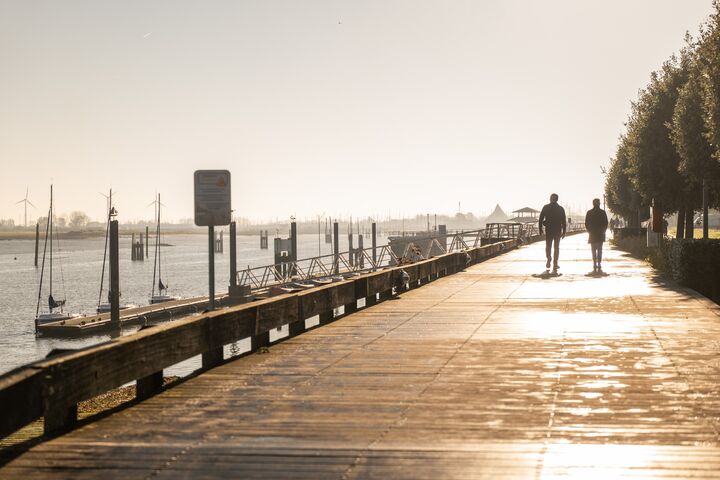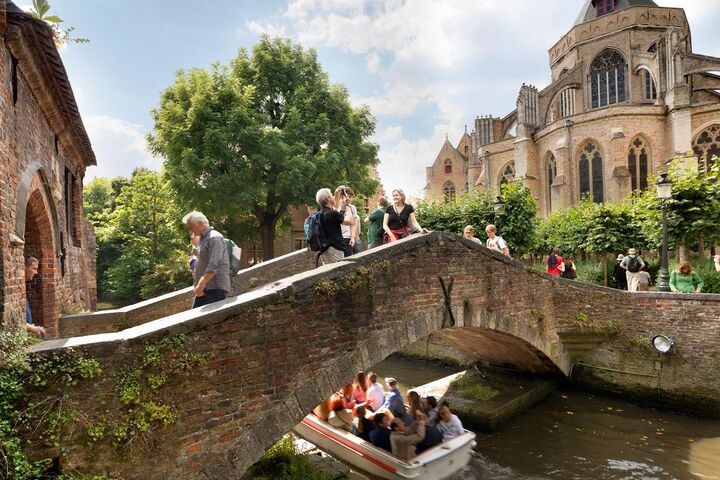
What makes Belgian Beer so unique?
6. The beer gastronomy
Belgian cuisine boasts many traditional dishes in which beer is used as an ingredient. Besides, beer is often presented as the best pairing option for gourmet meals. For adventurous foodies, a beer and chocolate pairing session is the ultimate Belgian experience!
7. The café culture
To international standards, pubs in Belgium have extensive beer list. Many specialized beer cafés even have hundreds of options. Look out for the ubiquitous ‘brown cafés’: old, cosy and atmospheric places. There’s no better place for tasting specialty beers … and to connect and share good moments with the locals!
8. The hops region
For centuries, Flanders has been a major producer of hops in continental Europe. This tradition mainly lives on in the Westhoek region around Poperinge, an essential stop on any Belgian beer itinerary. When going to local restaurants in February and March, look out for hop shoots, a true Belgian delicacy!
9. The UNESCO recognition
In 2016, UNESCO inscribed the Belgian Beer Culture on its list of Intangible Cultural Heritage of Humanity. ‘Culture’ reflects the importance and the value attributed by Belgians to their beer, and how intensely it is intertwined with their social life. In Belgium, beer is much more than a beverage. It is in the DNA of the Belgians, who consider it as a part of their pride and identity.
10. The exciting future
Belgium’s centuries-old beer history had an enormous influence on its own contemporary beer industry. Innovative brewers redefine and reinvent Belgium’s rich beer heritage in today’s and tomorrow’s vibrant craft beer scene.



